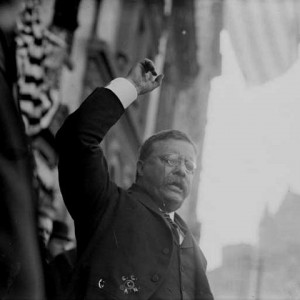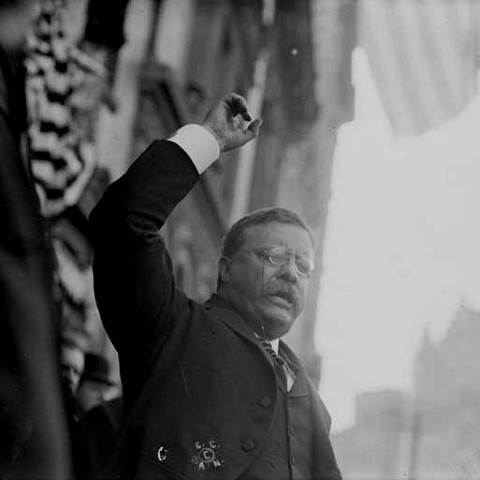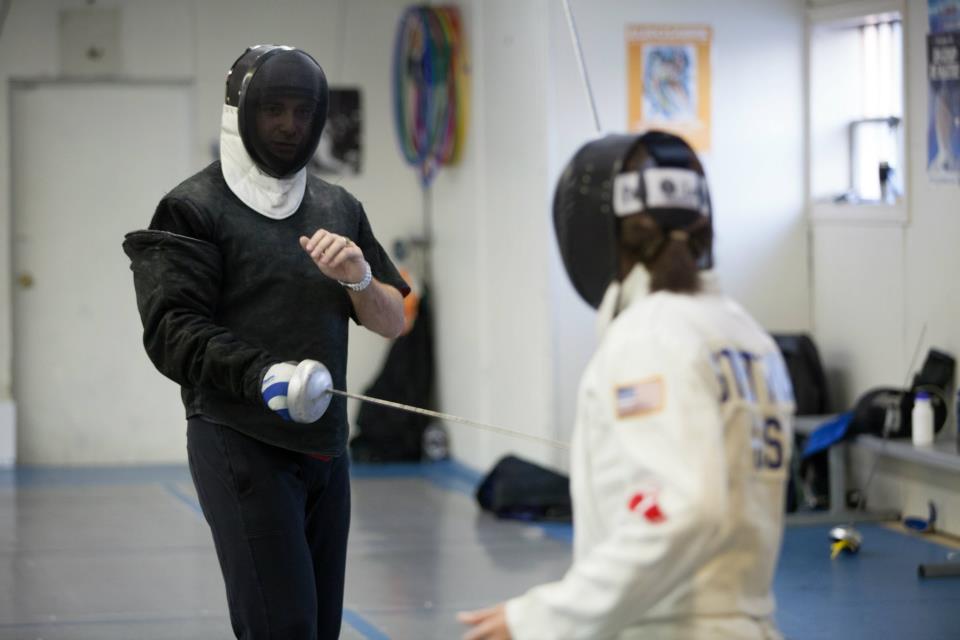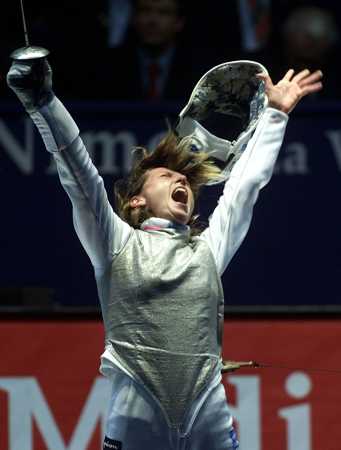“The credit belongs to the man who is actually in the arena, whose face is marred by dust and sweat and blood…if he fails, at least fails while daring greatly, so that his place shall never be with those cold and timid souls who neither know victory nor defeat.”
– Theodore Roosevelt, The Man in the Arena
 Similar to starting anything else for the first time, it is inevitable that novice fencers will fail in some way. As an extremely complex individual sport, few people have the natural talent for fencing. There are numerous skills that take a long time to master. Given that, the rate of failure is high. Yet while some fencers may consider themselves a failure, another less accomplished fencers may not. Why is this?
Similar to starting anything else for the first time, it is inevitable that novice fencers will fail in some way. As an extremely complex individual sport, few people have the natural talent for fencing. There are numerous skills that take a long time to master. Given that, the rate of failure is high. Yet while some fencers may consider themselves a failure, another less accomplished fencers may not. Why is this?
Failure is subjective. We all have our own standards that we pressure ourselves to live meet. When we don’t meet them, we may feel like a failure because we are concentrating on what we have not accomplished (“I lost by one touch in overtime again. I am such a loser!”). This can further snowball into chronic negative thinking, and eventually lead to anger, frustration, and burnout.
Just as Teddy Roosevelt said, it is striving to meet your goal that counts, not the actual end result. While winning a gold medal at every single tournament for the rest of your fencing career is nice, it isn’t realistic.
Keep in mind these tips to stay motivated towards your goals. They may help you look past your continuous mistakes and keep you focused on your fencing development.
- Don’t take it personally. People are quick to blame solely themselves for errors. This harsh self-criticism can negatively distract you from achieving success. Instead of thinking that you are solely at fault, (“I’ll never get that move. Why do I even try?”), try using a more constructive approach (“This move is difficult, but when I get it!”).
- This too shall pass. Although failure is a part of any accomplishment, it is actually important and even necessary. It may not feel very good at the time, but fortunately it is only temporary. Failure is only part of your growth as a competitor. Turn a concrete negative thought such as, “I’ll never beat that guy,” into a short-term setback, like “I may have lost to him again, but that doesn’t make me a bad fencer. I’m going to keep trying.”
- Failure = Feedback. There is no better way to learn than to fail. It’s our perspective of the failure that either motivates us or destroys us. Every time we fail to reach our goal, we can learn how we can get better. Although you did not reach your goal, are you getting closer to it? What haven’t you tried yet? Keep a constructive mindset by making proper adjustments, which will keep your mind clear for pursuing your goals. Staying self-critical can cloud your vision, keep you preoccupied with errors, and feeling defeated.
- Have fun! Many people enjoy the sport not because they are good at it, but because they have fun doing it. Fencing offers a unique competitive atmosphere founded on etiquette. It can be extremely exciting and competitive at the same time. If fencing isn’t fun anymore, take a break. Once you have the itch to fence again, it will be more enjoyable once you get back into it. If you don’t have the itch to fence again, maybe fencing isn’t for you.
Teddy Roosevelt defines failure as the absence of effort. By staying persistent in your training, you can measure success in small but significant ways. Keep in mind what you are doing right, rather than dwelling on inevitable mistakes.
Failure does not overshadow your accomplishments. It is a part of learning something new, no matter what you attempt. Lastly, remember to have fun while making progress in the sport you love so much!





